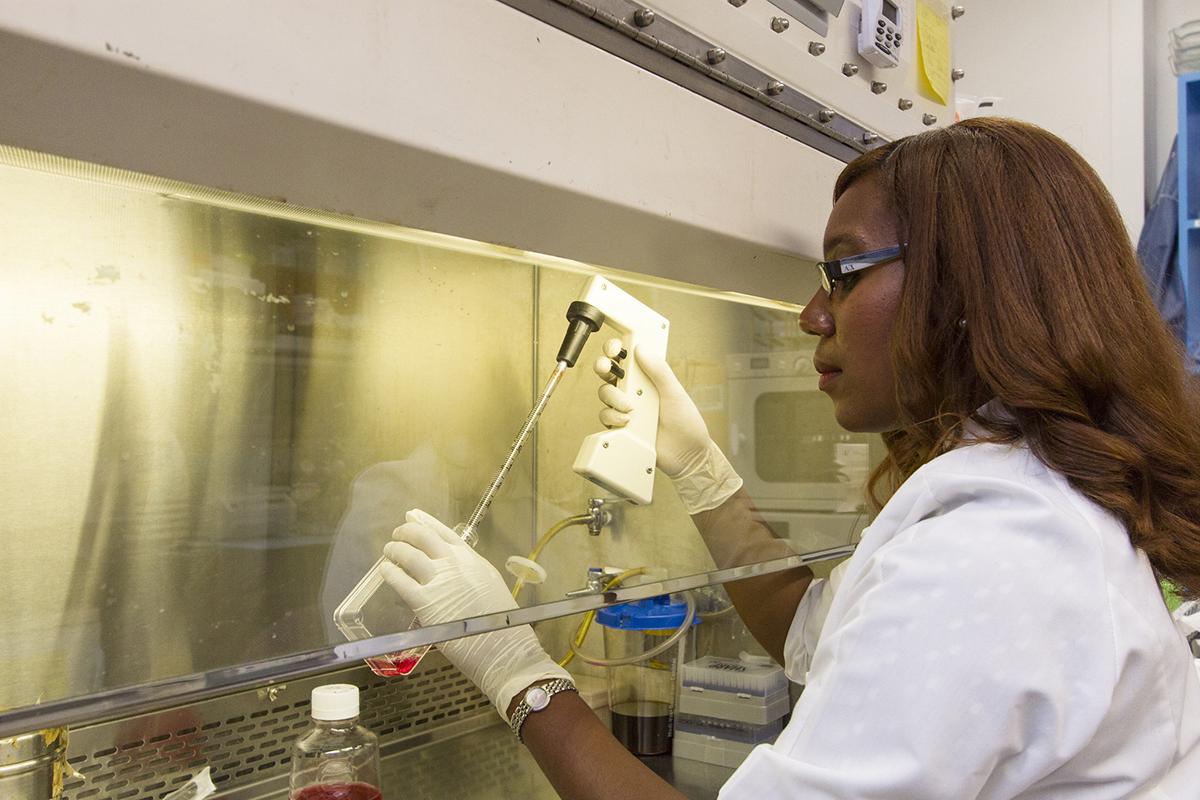
Story by Aggrey Twesigye
Pharmaceutical and therapeutic experts are calling on the Ugandan government to support the establishment of a cancer cell line laboratory aimed at advancing cancer research using indigenous herbal medicine.
The proposed facility would play a key role in identifying local plants with the potential to treat various forms of cancer—a disease that affects an estimated 33,000 Ugandans annually.
Despite the rising number of new cancer cases, access to treatment remains limited. The Uganda Cancer Institute, the country’s main cancer care facility, can only accommodate a fraction of patients in need.
Cervical cancer remains the most common and deadliest, with approximately 6,959 new cases and 4,607 deaths recorded each year.
Dr. Edward Kazaire, a pioneer in herbal medicine research, highlighted the potential of Uganda’s natural plant resources during the closing ceremony of the National Science Week 2025 in Kampala. .
This shows there is a cultural and practical foundation for integrating herbal solutions into mainstream healthcare.”
He stressed that with the right infrastructure—such as a cancer cell line laboratory—Ugandan scientists could make significant strides in drug discovery, especially for cancer treatments rooted in local knowledge and resources.
Dr. Kazaire also urged fellow scientists to join the effort, emphasizing that Uganda has both the scientific talent and botanical diversity needed to develop homegrown pharmaceutical solutions.
He called on the government, academic institutions, and private sector to increase investment in local pharmaceutical research, positioning Uganda as a regional leader in innovative and affordable healthcare.



